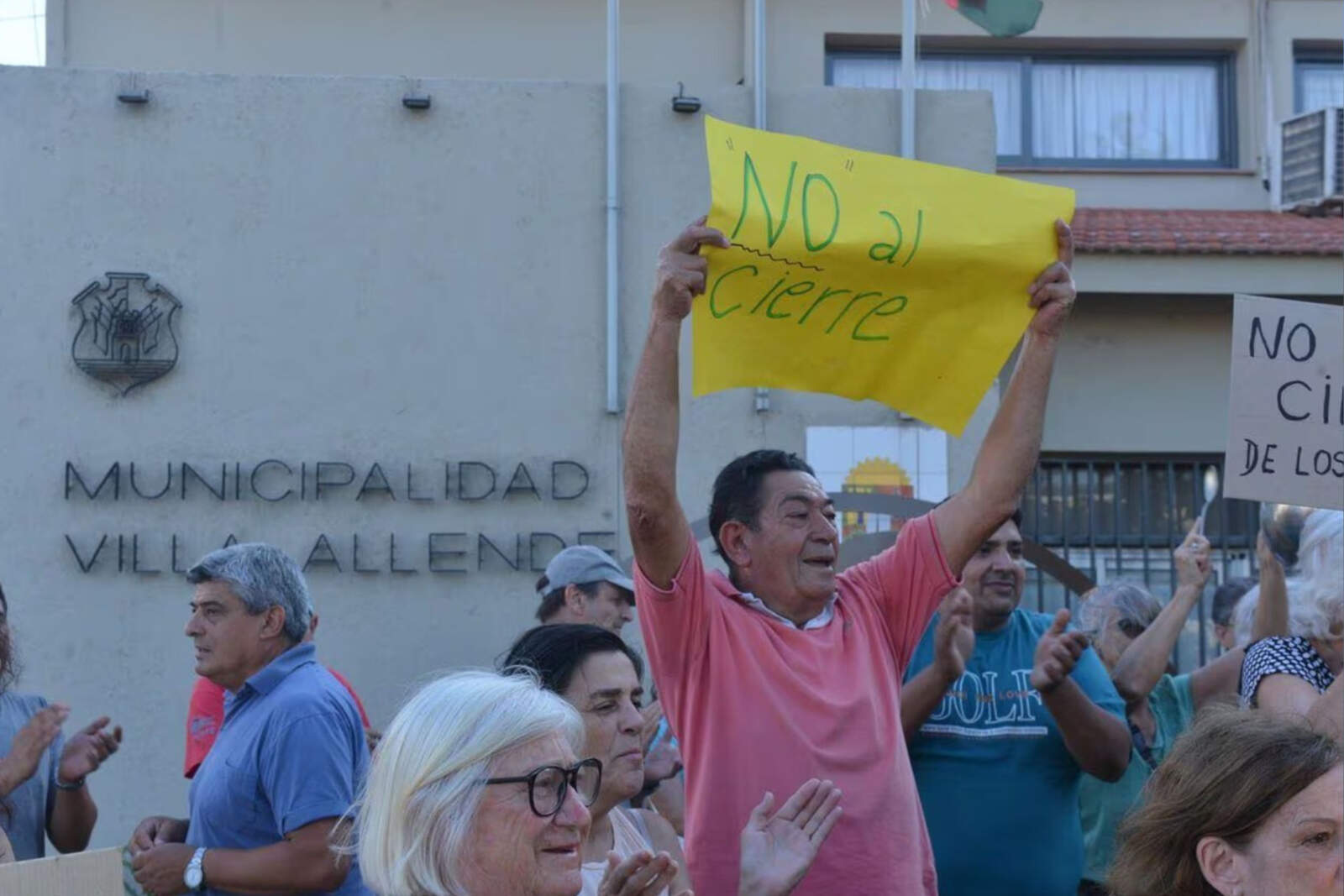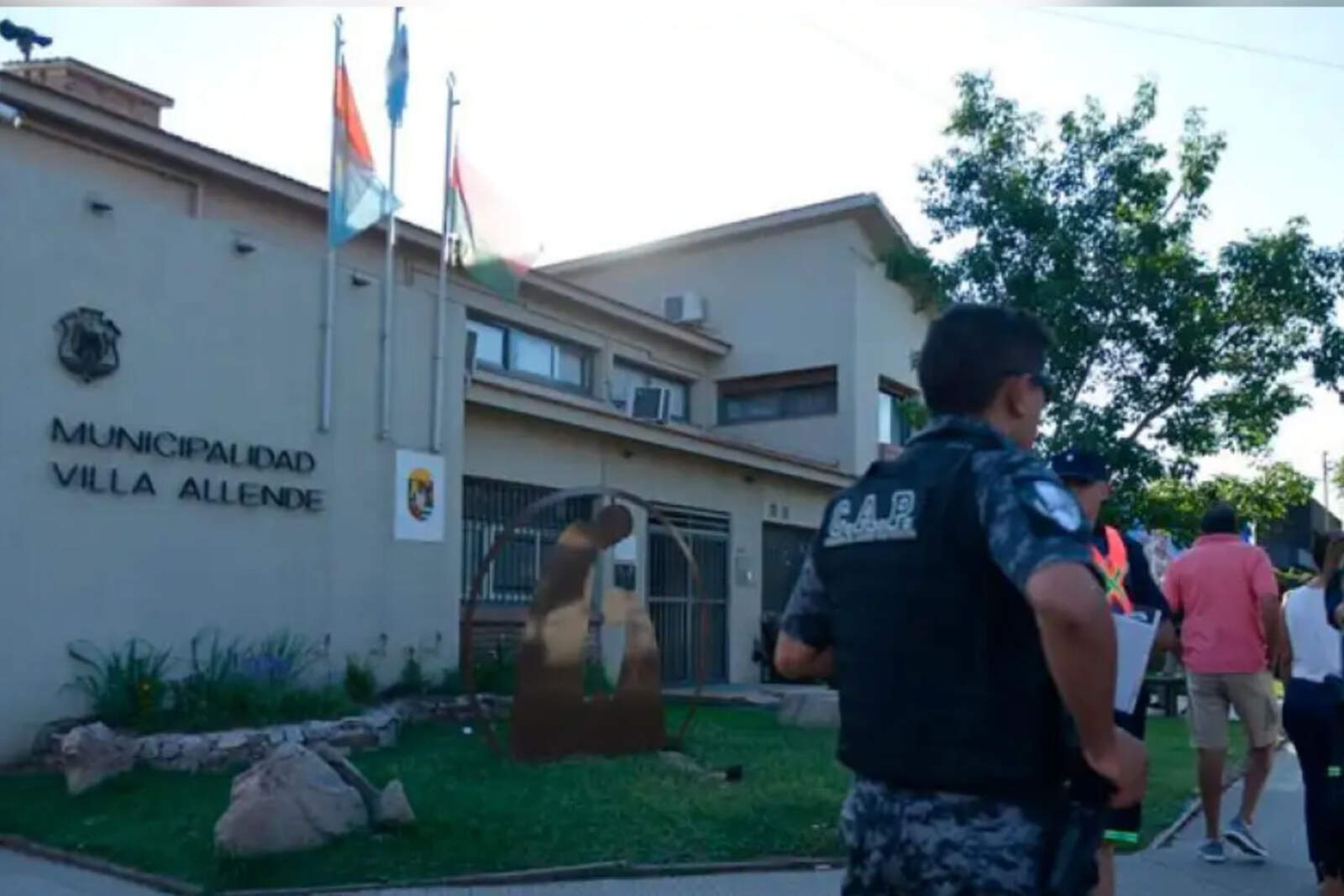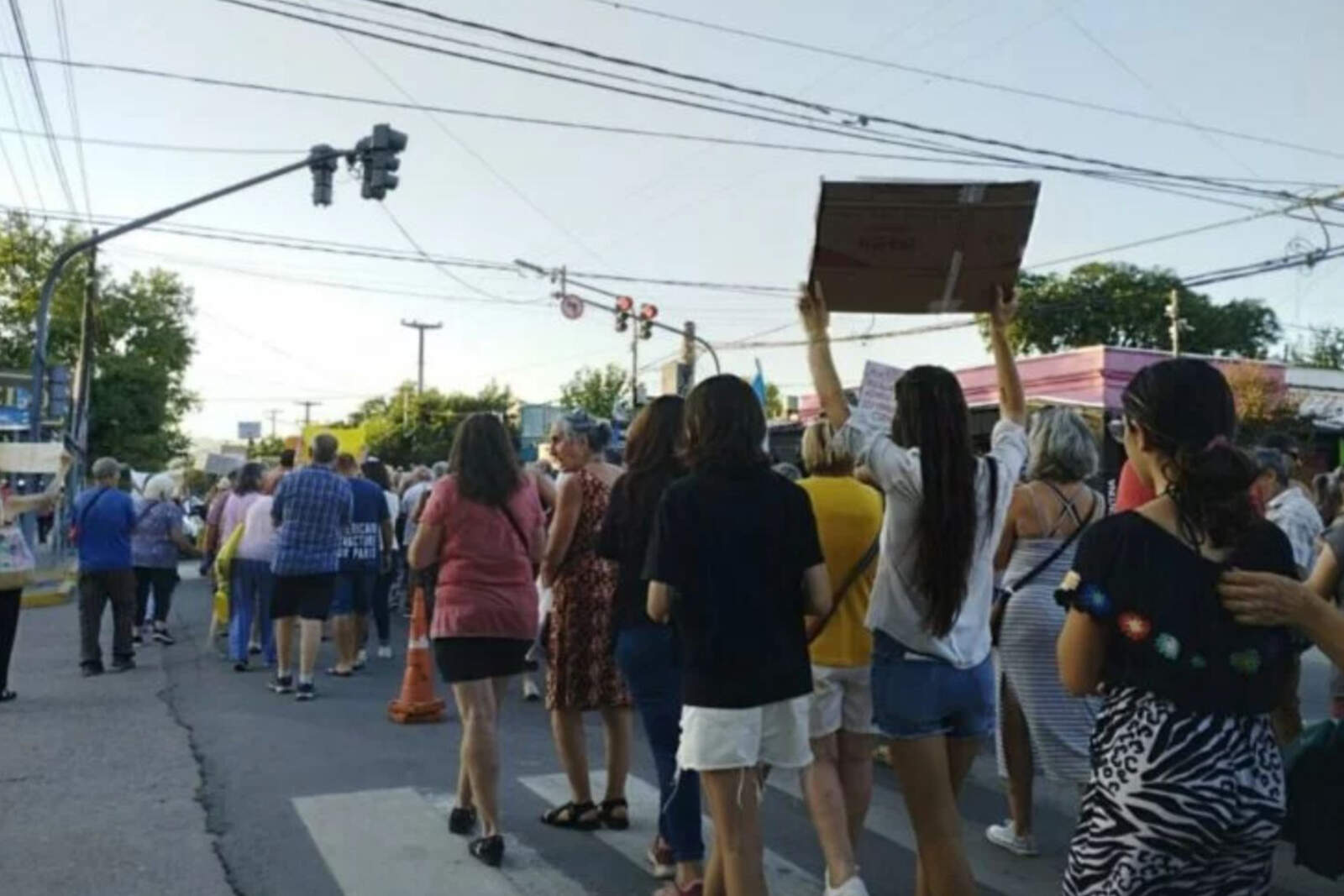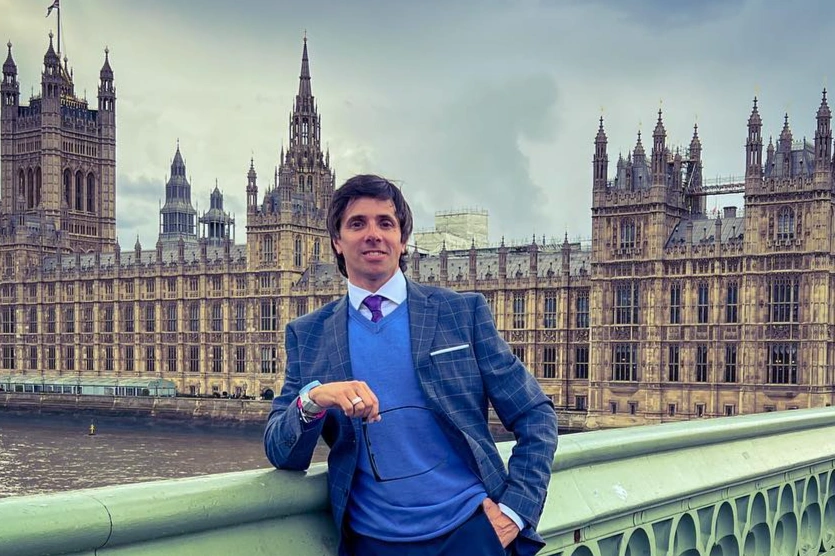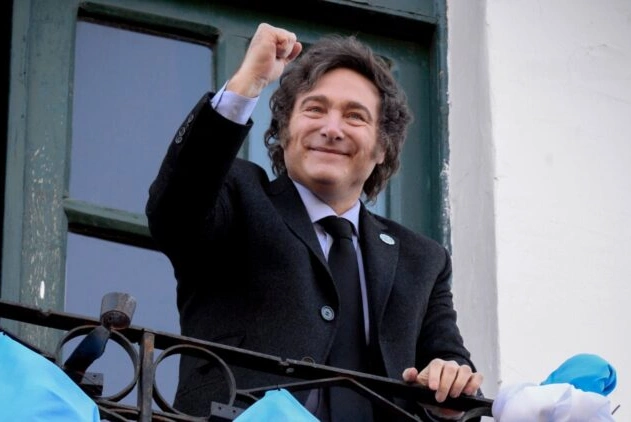Self-organized residents of Villa Allende have filed two writs of amparo against ordinance 1425, which imposes nighttime street closures. The measure, which restricts movement from 10:00 p.m. to 6:00 a.m. in several areas, was approved by the local ruling party to combat insecurity. However, opposition is growing due to its authoritarian, ineffective, and exclusionary nature.
The writs were filed by citizens who believe their constitutional rights, such as freedom of movement and equality before the law, are being violated. "Closing streets doesn't solve crime, but it does restrict residents' lives," argued Hugo Yagües, attorney and group spokesperson. They also claim that the ordinance was approved without dialogue or evidence supporting its effectiveness.
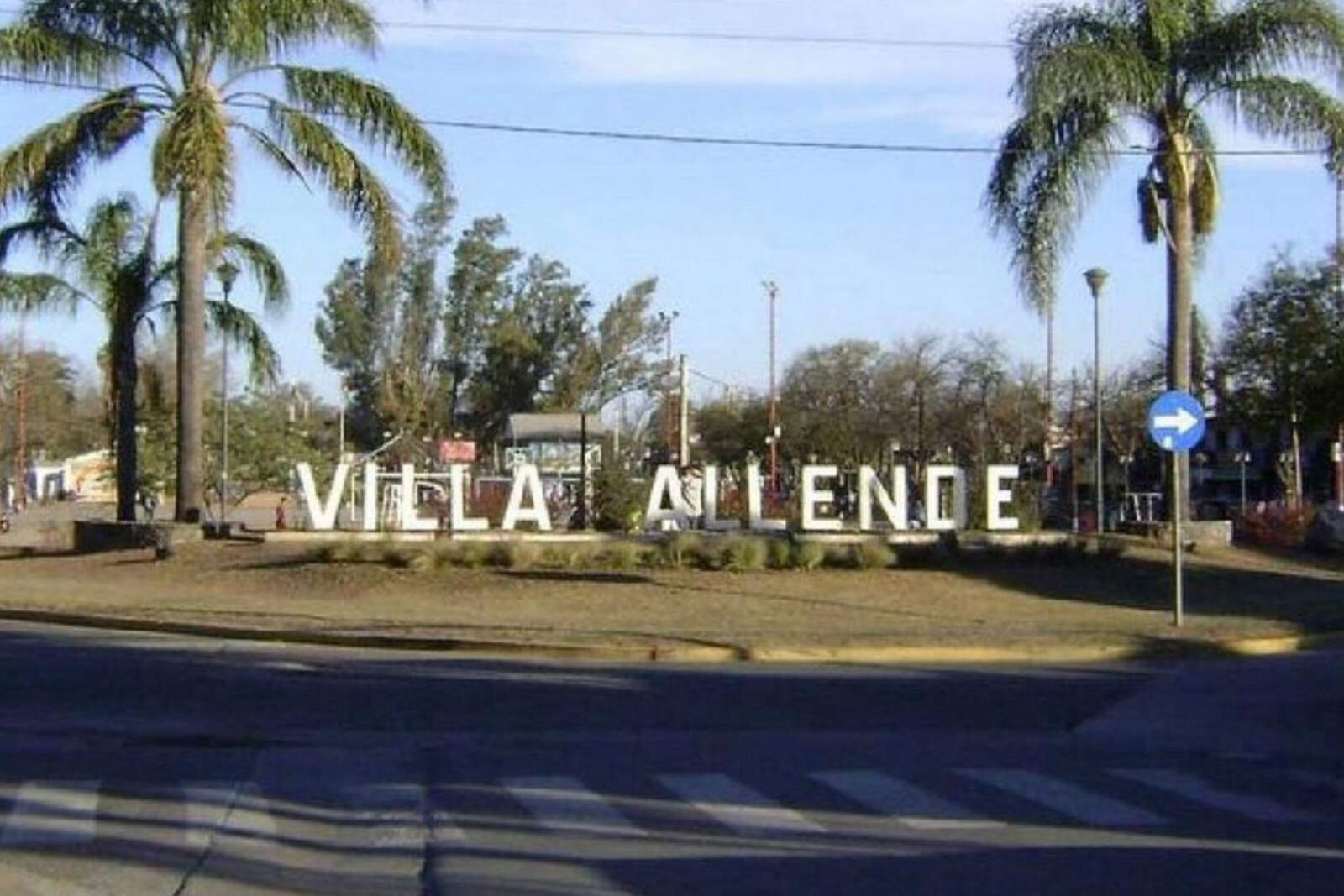
Arbitrary measures
The self-organized residents claim that since January they have requested a meeting with the mayor and collected more than 3,000 signatures. Despite these requests, the local executive never received them or included them in the discussion. "It's an institutional abuse that excludes those of us who experience the problem every day," said Yagües.
One of the harshest criticisms targets the "opposition registry," which only considers property owners with up-to-date service fees. Business owners, tenants, and workers are completely excluded. According to the residents, this undermines democratic participation and deepens the arbitrariness of the measure.
